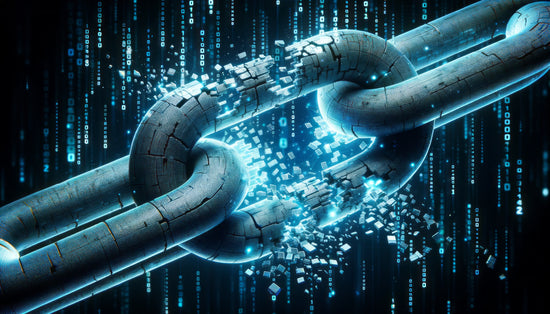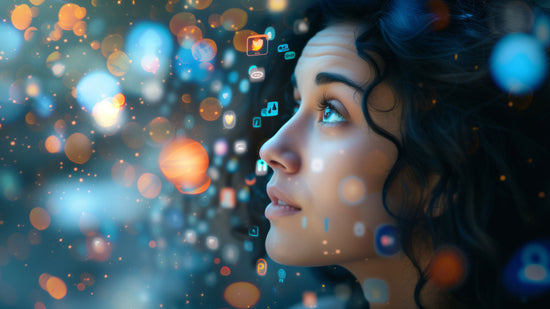Who doesn’t love getting free stuff? There’s just something that makes you feel special when you win a prize in a drawing, or when you receive an unexpected gift, or even when you score a “buy one get one free” deal at the store. Free is awesome, isn’t it?
But free isn’t always free. If you stop to think about it, nothing (goods and services) is really free, everything costs something to someone. So why do companies give things away for free? To answer that question, we first need to understand a basic concept - the difference between cost and value.

Cost and value are two very distinct things that play crucial roles in various aspects of economics, business, and decision-making. While they are often interconnected, they represent different perspectives when evaluating products, services, or possessions. Cost refers to the monetary expenditure or resources required to produce or acquire something. It encompasses both direct expenses, such as material and labor costs, and indirect expenses, like overhead and administrative expenses. Value, on the other hand, represents the perceived benefits, utility, or significance derived from something. It is subjective and varies among individuals and organizations. Value can be tangible, like the functionality of a product, or intangible, such as the emotional satisfaction gained from owning a luxury item or the remembrance of a dear one who is no longer alive.
So back to our question, why would companies give away products or services that cost them money, for free to consumers like you and me? Could it be that by doing so, they would obtain something more valuable and useful to them in return?
For-profit organizations don’t simply give their product away for free, they offer it at no out-of-pocket expense to you because they get you in return. Your data (browsing and shopping habits, demographics and even personally identifiable data) is much more valuable than the product itself to them.
Chris Kaspar, founder of Techless, once shared with the team part of his experience before the Wisephone came to be - when it was still just an idea. Kaspar was exploring alternative ways to make an Android a truly locked down, "unhackable", untraceable device. After many different measures, Chris got pretty far in this quest, and could disable the majority of apps, tools and software on his device. One key piece was not optional in that operating system, though. There was no way to fully disable the search bar. It could be hidden, but it would always remain active. It was intriguing, to say the least.

But we don’t have to dive into the realm of conspiracy theories to see this principle in action. Collecting data in exchange for a “free” gift is a practice that has been around forever. Have you ever seen a brand new car displayed at a shopping mall to be drawn for a lucky winner? All you have to do is fill out a form with your information and drop it in the box. One person will surely walk away with the grand prize and at the same time, hundreds, maybe even thousands of people have willingly given that organization their personal data, and shortly after that, junk mail starts arriving in your mailbox.
In 2014, Marc Andreessen, a prominent venture capitalist and co-founder of Netscape shared in an interview with CNBC that there is no such thing as free service. "If you are not paying for it, you're not the customer; you're the product being sold."
So what is the remedy? Simple - prioritizing value instead of cost. Value, as we mentioned, is immeasurable. It’s personal and individual. It’s not directly proportional to cost. Much like beauty is in the eyes of the beholder, value is in the heart and mind of the holder.
Food for Thought
What “free” things in your life are stealing your most valuable commodities - your time and your privacy - from you in your everyday life?

An accomplished translator and writer, Cami has been in the creative field for nearly two decades. Her experience as a linguist in several fields, paired with her background as a native Latina immigrant (born and raised in Brazil and naturalized American citizen) gives her a unique perspective on the social and cultural context of our society. She has been with Techless since 2022 and currently lives in Michigan with her husband of twelve years, their eight-year-old son, and their puppy Oreo.






